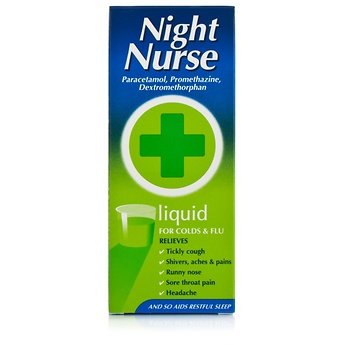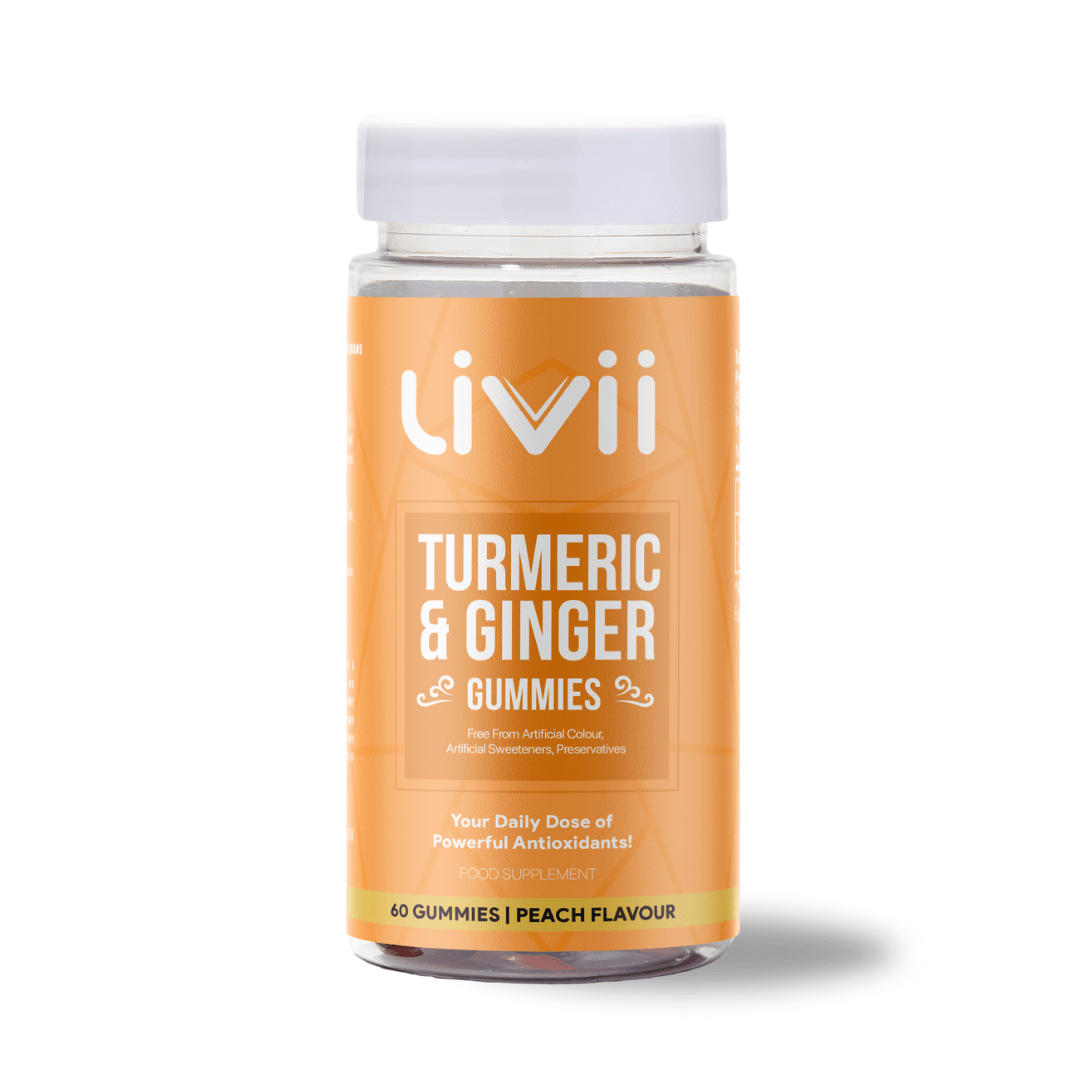Winter brings chilly winds, cozy sweaters, and, unfortunately, sniffles and colds. But don’t worry—Vitamin C is here to save the day! This powerhouse nutrient plays a vital role in boosting your immune system, keeping your skin glowing, and supporting overall health during the colder months.
Let’s explore why Vitamin C deserves a top spot in your winter wellness routine, the best food sources to include, and how it can even help kids stay healthy.
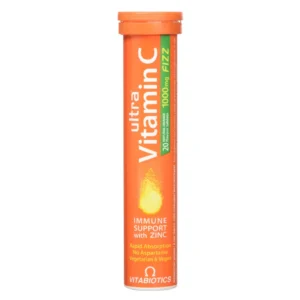
1. Supercharges Your Immune System
Vitamin C is like a personal trainer for your immune system. It helps produce white blood cells, which fight off infections and viruses. During winter, when colds and flu are more common, having enough Vitamin C in your diet can make a big difference in keeping you healthy.
How to Get It:
- Add foods like oranges, kiwis, red bell peppers, and strawberries to your meals.
- Supplements like Vitamin C tablets or chewables are a great option if you’re not getting enough from food.
2. Shortens Cold Duration
Already caught a cold? Don’t fret! While Vitamin C won’t prevent a cold, studies suggest it can help shorten its duration and reduce symptoms. It works by supporting your body’s natural defenses and reducing inflammation.
Pro Tip:
Keep effervescent tablets handy during the winter months to give your body a quick boost.
3. Keeps Your Skin Glowing
Winter can leave your skin feeling dry and dull, but Vitamin C is here to help. It supports collagen production, which keeps your skin firm and radiant. Plus, it fights free radicals that contribute to skin aging.
Beauty Boosters:
- Include papaya and broccoli in your diet.
- Consider skincare products enriched with Vitamin C for an added glow.
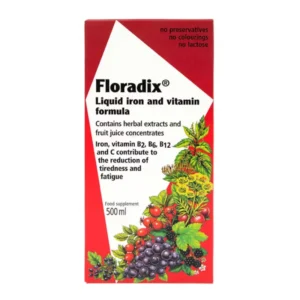
4. Boosts Energy and Reduces Fatigue
Feeling tired and sluggish in winter? Vitamin C helps your body absorb iron from plant-based foods, which is essential for energy levels. It also reduces oxidative stress, keeping you energized throughout the day.
Power Snacks:
- Add a handful of guava slices or pineapple chunks to your snacks.
- Pair iron-rich foods like spinach with a squeeze of lemon for better absorption.
5. Protects Your Heart
Vitamin C isn’t just about fighting colds—it also plays a role in heart health. It helps lower blood pressure and reduces the risk of heart disease by improving blood vessel function.
Heart-Healthy Choices:
- Add grapefruit or a glass of fresh orange juice to your breakfast.
- Look for Vitamin C supplements labeled “heart-healthy” for extra assurance.
6. Essential for Kids’ Health
Children are especially vulnerable to winter bugs, and Vitamin C can help protect them. It strengthens their immune system, supports growth, and aids in repairing tissues.
Kid-Friendly Foods:
- Pack mandarin oranges or berries in their lunchboxes.
- Make a smoothie with spinach, banana, and citrus fruits for a delicious and nutrient-packed treat.
Fun Fact:
Chewable Vitamin C tablets shaped like animals or gummies are a hit with kids and ensure they get their daily dose without any fuss.
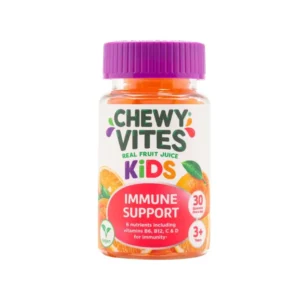
7. Fights Winter Blues
Winter blues are real, and Vitamin C might help lift your mood. Studies suggest it plays a role in reducing stress and improving overall mental well-being.
Mood Boosters:
- Sip on a warm cup of lemon and honey tea.
- Snack on dried apricots or a juicy mango for a tropical vibe during the chilly months.

Best Vitamin C Foods to Enjoy This Winter
While supplements are convenient, whole foods provide a natural and delicious way to meet your Vitamin C needs. Here’s a quick list:
- Oranges (70 mg per medium orange)
- Kiwi (90 mg per fruit)
- Strawberries (85 mg per cup)
- Red Bell Peppers (95 mg per ½ cup)
- Broccoli (50 mg per ½ cup, cooked)
- Papaya (95 mg per cup)
- Brussels Sprouts (50 mg per ½ cup, cooked)
- Pineapple (79 mg per cup)
Supplements: Are They Necessary?
If you’re not getting enough Vitamin C from your diet, supplements can help fill the gap. They come in various forms, including:
- Tablets: Easy to swallow and widely available.
- Chewables: Great for kids and adults who prefer flavored options.
- Effervescent Tablets: Dissolve in water for a fizzy drink.
- Gummies: Tasty and convenient for on-the-go use.
Recommended Daily Amounts:
- Adults: 75–90 mg (higher during winter or illness)
- Kids: 25–75 mg (based on age and health needs)
Always consult a healthcare provider before starting supplements, especially for kids.
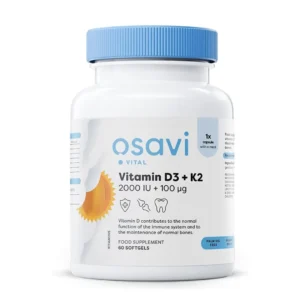
Quick Tips to Boost Vitamin C This Winter
- Start Your Day with Citrus:
A glass of freshly squeezed orange juice or a grapefruit kick-starts your intake. - Cook Smart:
Steaming or lightly sautéing vegetables like broccoli and Brussels sprouts preserves their Vitamin content. - Snack Wisely:
Keep a bowl of Vitamin C-rich fruits like kiwis and mandarins within easy reach. - Add Zest to Meals:
Sprinkle lemon or lime juice over salads, soups, or roasted vegetables for an extra punch of flavor and nutrients.
The Bottom Line
Vitamin C is your ultimate winter ally, offering everything from immune support to glowing skin. Whether you prefer munching on fresh fruits and veggies or popping a supplement, incorporating the vitamin into your daily routine can make winter healthier and happier for you and your family.
This season, stock up on oranges, kiwis, and supplements to keep the colds away, energy high, and skin glowing. Don’t forget to share the benefits with your kids—they’ll love the colorful and tasty treats!
Stay warm, stay healthy, and let Vitamin C brighten your winter days! 🌟
________
Disclaimer: Health articles on medical conditions are for information only and do not form a basis for diagnosis. We recommend that if you have any concerns, speak to your doctor or pharmacist for further help and guidance.




